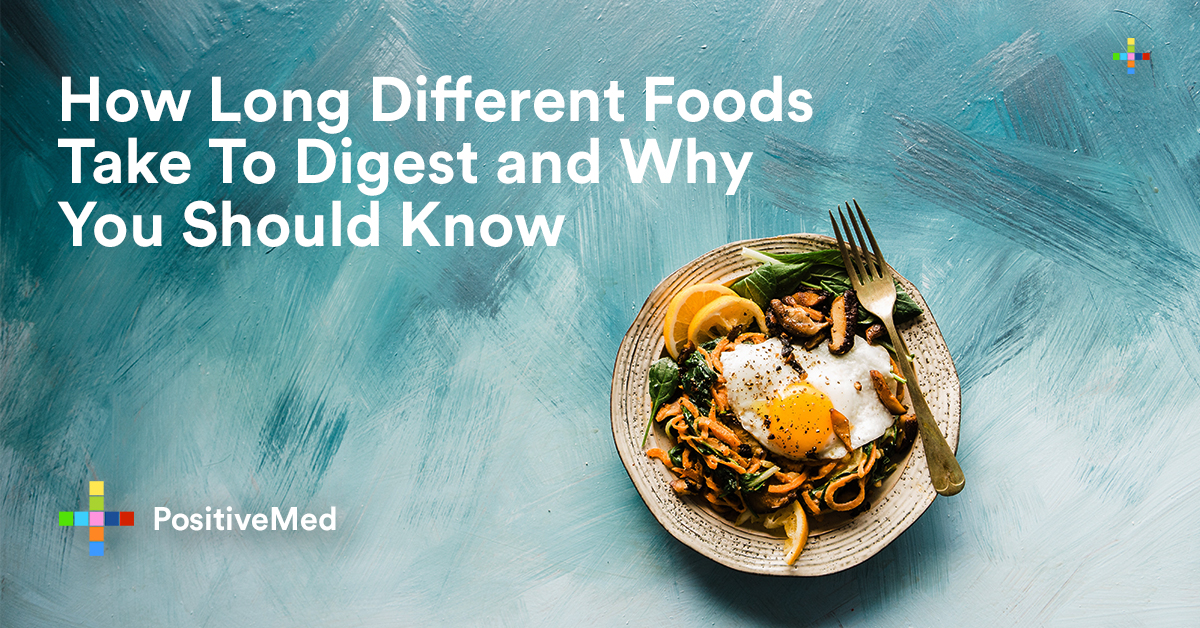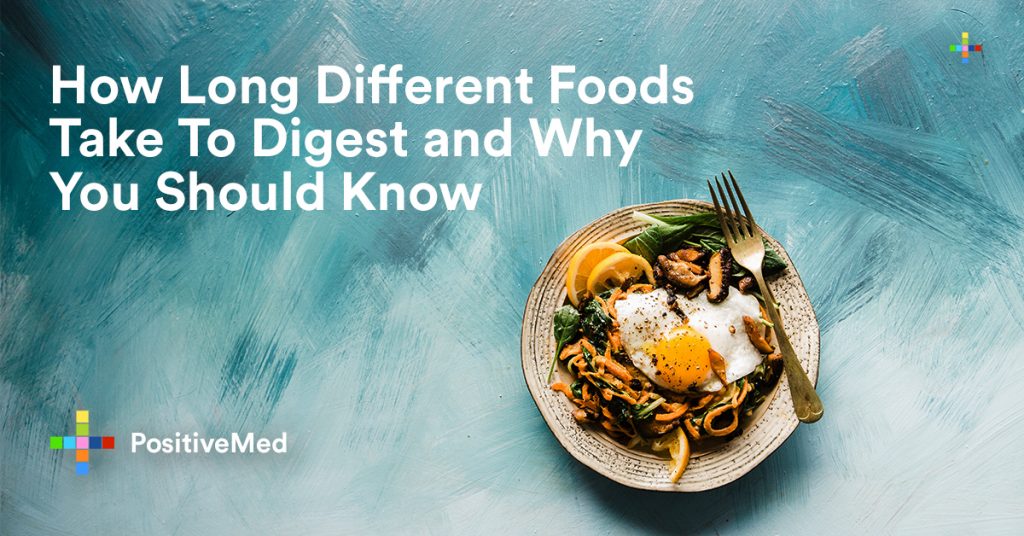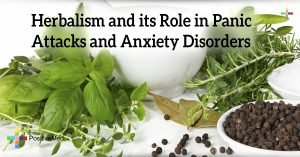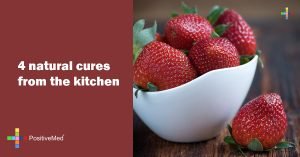The duration that different foods you consume take to digest varies significantly. We are all aware that the impact of digestion is very crucial when it comes to weight loss. As the saying goes, “we are what we eat.”
Several factors determine the exact time it takes for food to digest.
Examples include age, metabolism, gender, and physical health. However, some foods digest faster while others take a little more time in your system.
The main purpose of this article is to highlight the importance of sticking to a balanced and healthy diet.

What is digestion time?
Digestion time refers to a procedure through which the food you consume gets broken down into tiny particles which are then absorbed along your intestinal system into the bloodstream. Understanding digestion time is very crucial especially if you are struggling to lose weight or maintain what you have already attained.
Fast-digesting foods
Foods that digest very fast can prompt you to eat more than you are supposed to. This is because they will all be gone soon after eating, and you end up feeling hungry again. You will eventually resort to have another portion. Fast-digesting food gives you a rapid boost of energy. In different terms, they increase your blood glucose levels. Although a boost of energy might sound good, the extra glucose that your body doesn’t use is converted into fat.
Slow-digesting foods
Unlike fast-digesting foods, slow-digesting foods gradually raise your blood glucose levels to give you more balanced and steady energy. However, consuming the only slow-digesting foods can take a toll on your body. It can overwork your digestive system and compromise other functions in your body.
What Experts Say
Experts recommend that you should not mix fast and slow types of food in a single serving. You should also avoid eating fast food soon after taking slow-digesting food. This is because digestion isn’t complete as yet, and there is no need of overloading your stomach. The best time you should mix foods with different digestion times is at lunch. It is the time that your digestive system is very active.
Your breakfast and dinner should be comprised of simpler and preferably fast-digesting foods. They will give you an energy boost soon after breakfast and allow your stomach to relax when you go to sleep.
Below are different types of foods and how long they take to digest:
Water: It is instantly absorbed into your intestines soon after drinking. (Water can impact the duration it takes for ingested food to digest.)
Vegetable or fruit juice: 15-20 minutes
Raw vegetables: 30-40 minutes
Cooked vegetables: 40 minutes
Fish: Between 45 minutes and one hour
Salad with oil: Approximately one hour
Starchy vegetables: Between one and a half hours and two hours
Grains: Examples include quinoa, rice, and buckwheat. They take about 2 hours to digest.
Dairy products: Approximately 2 hours
Nuts: They on average take about 3 hours to digest. They are among the best to keep you full for longer.
Chicken: 1.5 to 2 hours
Beef: 3 hours
Lamb: 4 hours
Pork: 5 hours
Understanding the duration it takes for food to get digested can help you decide what you should consume to lose weight or maintain a healthy one. Fast-digesting foods are ideal particularly in the morning for an energy boost and near bedtime to give your digestive system time to relax. You can combine fast and slow foods at lunchtime when your digestive system is at its peak. Setting aside all the factors that determine how long foods take to digest, eating a healthy balanced diet is still one of the simplest ways to live a healthy life.
Edited by: Jessa (Jan. 29, 2019)






